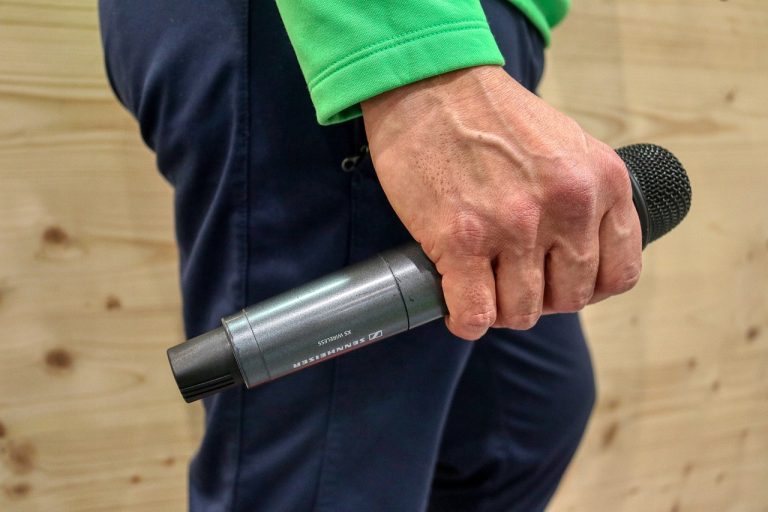In the fast-paced world of healthcare, the accuracy and reliability of medical equipment are crucial. Medical equipment calibration services play a vital role in ensuring that diagnostic and therapeutic devices function correctly. Regular calibration not only ensures compliance with regulatory standards but also enhances patient safety by providing healthcare professionals with accurate data for diagnosis and treatment.
Calibration is the process of adjusting the precision of a device to ensure its measurements are accurate and reliable. Without regular calibration, medical equipment can produce inaccurate results, leading to misdiagnosis or ineffective treatments. For instance, a miscalibrated blood pressure monitor might show incorrect readings, potentially resulting in improper medication dosage for patients. Thus, regular calibration is essential not just for operational efficiency but also for maintaining the highest standards of patient care.
Healthcare facilities must prioritize these services to maintain the integrity of their equipment. A comprehensive calibration program involves regular checks and adjustments by trained professionals. These professionals use specialized tools and techniques to test and adjust the equipment to ensure its measurements are within the specified tolerances. By doing so, they help extend the lifespan of the equipment and reduce the risk of costly repairs or replacements.
For hospitals and clinics, engaging with reliable medical equipment calibration services is imperative. These services ensure that equipment such as imaging machines, infusion pumps, and laboratory analyzers are performing optimally. The regular calibration of such equipment guarantees that healthcare providers can trust the devices they use every day, allowing them to focus on delivering quality patient care.
Beyond maintaining accuracy, regular calibration can also ensure compliance with industry standards and regulations. Regulatory bodies often require healthcare facilities to prove that their equipment is calibrated regularly. Failing to comply with these regulations can lead to severe penalties and affect the facility’s accreditation status. Thus, regular calibration is not just a best practice but a necessity for regulatory compliance.
In addition to compliance, regular calibration can lead to cost savings. Properly calibrated equipment is less likely to fail, reducing downtime and the need for expensive repairs. This reliability is crucial for healthcare facilities that operate on tight budgets and cannot afford interruptions in their services. By investing in regular calibration, facilities can maximize their equipment’s efficiency and longevity.
Furthermore, regular calibration supports the technological advancements in the medical field. As medical technology evolves, the complexity and precision of equipment increase. Calibration services ensure that even the most advanced equipment meets the necessary performance standards. This alignment with technological progress ensures that healthcare providers can offer the latest and most effective treatments to their patients.
Overall, the importance of medical equipment calibration cannot be overstated. It is a fundamental aspect of healthcare operations that directly impacts patient safety, regulatory compliance, and cost efficiency. Healthcare facilities looking to maintain high standards of care and operational efficiency should consider partnering with trusted providers like ISS Solutions. For more information on these essential services, visit their website. By doing so, facilities can ensure that their equipment remains reliable and accurate, ultimately improving patient outcomes and facility performance.








